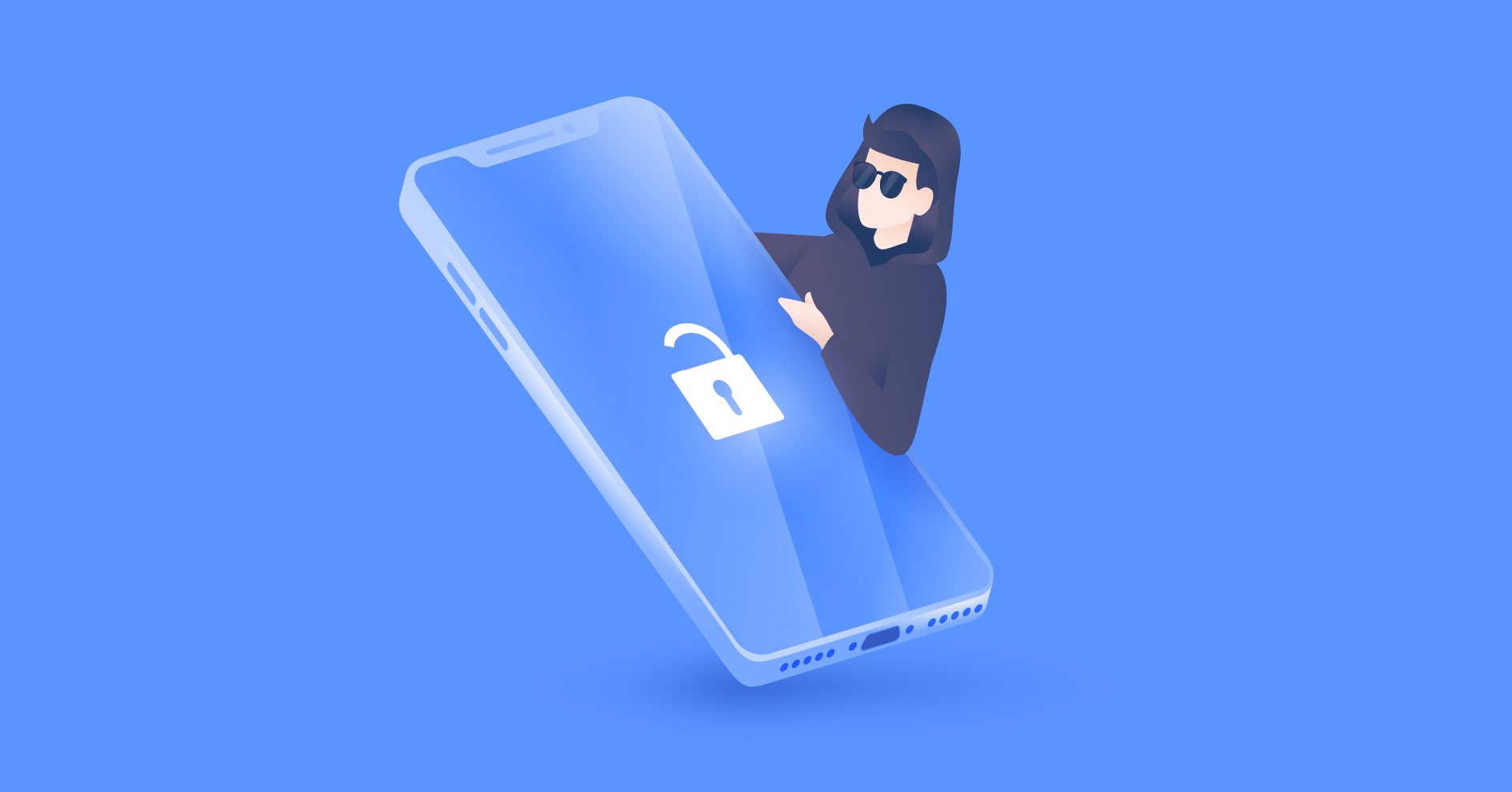Why Facebook smart glasses threaten privacy
Facebook has teamed up with Ray-Ban to launch a line of relatively inexpensive smart glasses — but what you’re saving on price, you might end up paying in privacy. In this article, we explore how the Ray-Ban Meta Smart Glasses work and what risks they pose to your privacy.
Table of Contents
Table of Contents
What are the Facebook smart glasses?
The Facebook smart glasses (formerly “Ray-Ban Stories” and now officially “Ray-Ban Meta Smart Glasses”) are a wearable computer that allows you to take calls or shoot content for social media. Developed by Facebook (the company now known as Meta) in collaboration with Ray-Ban, these smart glasses come equipped with cameras, microphones, speakers, and even a touchpad for user interaction.
You should also know what the Facebook smart glasses aren’t — despite its impressive hardware loadout, this gadget is not an AR device. Unlike other popular smart glasses with cameras, the Facebook smart glasses lack a user HUD or any sort of display, meaning that they cannot spice up your view with AR content.
How do the Facebook smart glasses work?
The Facebook smart glasses use two independent cameras for capturing content — one for snapping pictures, and one for recording videos. The device is designed to be entirely hands free, accepting voice commands after you say “Hey, Facebook” or “Hey, Meta,” but you can also take quick pictures or shoot 30-second videos by tapping the integrated touchpad.
Like many other Internet of Things wearables, the Facebook smart glasses must be connected to your smartphone using Bluetooth to unlock their full functionality. Without a paired phone, you can’t take calls, store large numbers of files (the on-board storage is limited to around 500 pictures or 30 short videos, according to Meta), or even view your pictures and recordings.
You also need an active Meta account to use the glasses — without one, you can’t log in to Meta View (the device’s companion app) and retrieve stored data from the Ray-Bans. Given Meta’s notoriously poor privacy record, being forced into the company’s ecosystem to use your smart glasses exposes you to certain risks.
What are the risks of Facebook’s Ray-Ban smart glasses?
Using Facebook’s smart glasses poses several risks, stemming from both the historic practices of Meta and the design of the glasses themselves. Here are the key privacy concerns that you should be aware of:
- Meta has a poor track record of protecting user privacy. The Facebook data breach of 2019 exposed the private data of 540 million users to hackers. Then, in 2021 — just two years later — another Facebook data leak put half a billion users at risk. Time and time again, Meta has shown that it simply can’t keep track of its user data — and the Facebook smart glasses give it another source of sensitive information that could be abused by hackers.
- The Facebook glasses collect information on you. Even though it can’t reliably keep your data safe, Meta is always hungry for more — just look at what information Facebook knows about you. Thankfully, the Facebook smart glasses do not collect many user metrics by default, but the option for extensive tracking exists in the Meta View app and may be enabled automatically in the future. Even without user metrics, each picture and recording comes stamped with metadata (such as time of capture) that reveals your digital footprint.
- The Meta View app is always running. Even if you forcibly close it down, Meta View seems to retain a lingering presence in the background. Meta claims that this is necessary to keep your Facebook smart glasses operational even if there’s a hiccup with your phone, but the “always on” approach could leave a gap open for hackers to infiltrate your mobile or your Meta account.
- You could take sensitive photos by accident. The touchpad controls of the Facebook smart glasses are slightly too sensitive — users have reported unintentionally taking photos by adjusting or taking off the glasses. If you’re not careful, you could capture a private scene and save it to the glasses’ internal storage. While all data stored on the Facebook glasses is encrypted, someone with access to both the glasses and your phone (for example, in an evil maid attack) could easily steal these private moments.
- You could be recording someone without their consent. Your privacy is important, but so is everyone else’s — gluing a camera to your face doesn’t give you the right to automatically film anyone. One of the chief concerns regarding Facebook glasses is the ability to secretly film others without their knowledge or consent. The smart glasses have a LED indicator light that shines whenever the camera is active, but this safeguard relies on good visibility conditions and the person knowing how these glasses work. To address the issue, Meta launched a global marketing campaign in April of 2022 to educate the public about smart wearables and promote good community behavior — but these measures do not put any hard stops on abuses and rely entirely on voluntary compliance on the user’s part.
The future of the Facebook smart glasses
Unfortunately, it is hard to tell what the future holds for the Ray-Ban Meta Smart Glasses. Unlike with many failed IoT wearables (including Facebook’s smartwatch, which seems to have quietly died off since its announcement), Meta has reported stronger-than-expected sales of the new smart glasses — so there is market demand for the tech. Whether this will prompt the company to address any outstanding privacy concerns is unknown.
Ultimately, the less you engage with companies like Facebook, the less data they can gather about you. But if you’re eager to try out the newest IoT tech like these glasses, do your research to fully understand what data you’ll be giving up. The price of these latest gadgets will always be measured in privacy — just make sure you don’t end up paying with identity theft.

